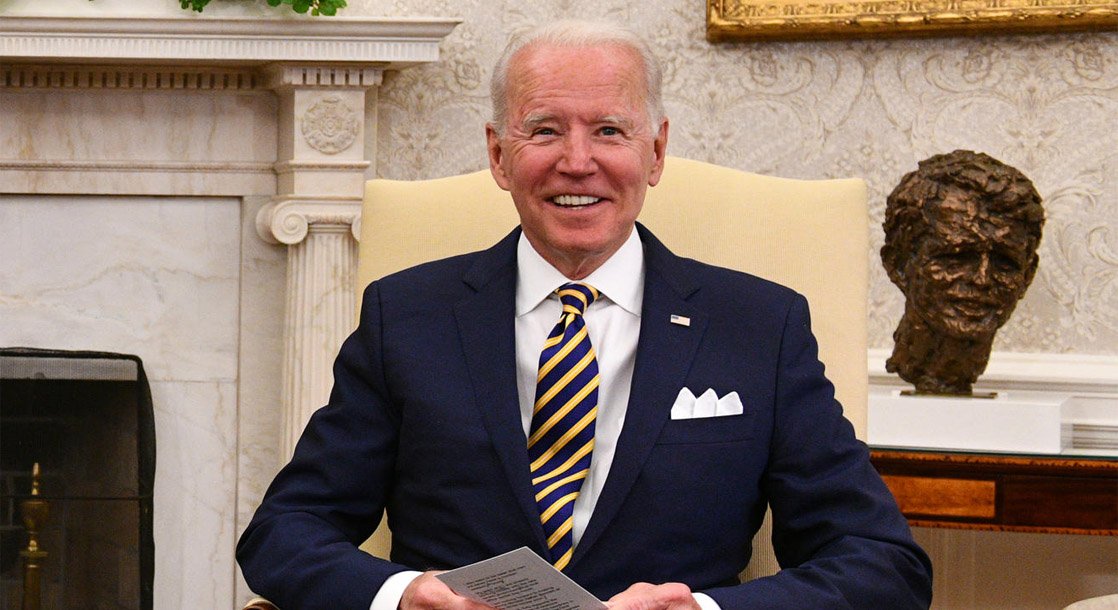Lead photo via Flickr
If you’ll bear with me, I’d like to open this week’s look into the Edwardian-era circus sideshow that is the executive branch with a few epigraphs, all statements on the state of North Korea by US secretaries of state:
“The problem was that they are in some kind of delusional denial in terms of how the rest of the people in North Korea are living. So while we were having fancy dinners, I knew that the North Korean people were eating bark off the trees.” — Madeleine Albright
“We must remain united in insisting that… North Korea abandon their nuclear weapons ambitions, and choose instead the path of peace.” — Condoleeza Rice
“North Korea alone … the only country in the world defying the international movement towards responsibility, continues to develop its own weapon, continues to develop its missiles, continues the provocative actions.” — John Kerry
“North Korea launched yet another intermediate range ballistic missile. The United States has spoken enough about North Korea. We have no further comment.” — Rex Tillerson
It’s easy enough to notice a pattern of decreasing patience as the statements move through two democratic and two republican administrations. Albright implies the poverty suffered by the people of the country as its nuclear ambitions grow is a malignant hypocrisy. Rice furthers the point by maintaining the US’s position as the vanguard power in opposing the science-fiction hell of living in a country in which Kim-Il-Sung — a man who has been dead since 1994 and is the grandfather of Great Successor Kim-Jong-Un — is still North Korea’s “president.” Kerry frustratedly calls out North Korea’s refusal to hear reason on a global diplomatic scale.
Tillerson compounds that frustration, but his words also bear an air of finality that make me think back in trepidation to Donald Trump’s debate performances in which he accused the Obama administration of letting “the enemy” know our strategy (e.g. he was really criticizing the press’s right to divulge information to the public about American military action). His words also confused a variety of political pundits.

“The United States has spoken enough about North Korea,” Tillerson said. There are two logical conclusions to draw from this sentence. The first is, as warhawks are often fond of saying, the time for diplomacy is over. It follows that action is the next step after speaking fails to achieve the desired result, and the fact that this sentence comes directly after the announcement by Tillerson, former Exxon CEO and political novice, that another missile has been launched by the Kim regime, adds to the statement’s aggressive undertones.
“We have no further comment.” Done talking and no further comment are a far cry from the normal diplomatic line taken by the Trump administration with regard to foreign powers, usually a play on the old standby that’s delivered explicitly to the orgasmic delight of his supporters: We’re the US and we’ll do what we want.
In reality, all Tillerson’s statement tells us is that agency by agency and crisis by crisis, the executive branch under this president requires the normalization of complete obscurity between the government and its people in order to achieve its goals. And Tillerson is using a nuclear threat, implicit or not, as an opportunity for the kind of foreign affairs pissing contest… one that should be scaring more Americans than it does. After all, all the Northern California conservatives, Orange County anarcho-capitalists, and Alaska “Don’t Tread On Me” libertarians are the ones within easy reach of North Korea’s ballistic arsenal.











